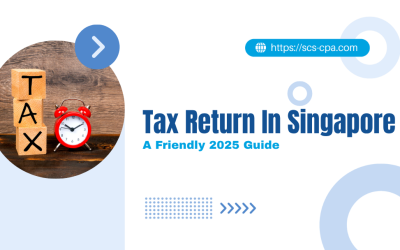Are you a small business owner navigating the complex world of accounting? You’re not alone! Proper financial management is crucial for the success and growth of any business, and understanding the ins and outs can be overwhelming. In this article, we’ll address the essential accounting questions that every small business owner should be asking. From choosing the right accounting software to understanding taxes and financial statements, we’ll help you gain valuable insights and make informed decisions to keep your business financially healthy and thriving. So, let’s dive in and explore the key accounting questions that will empower you to take control of your finances and drive your small business towards success.
Essential Questions
Can I do accounting by myself – without any formal training or finance experience?
Certainly. Plenty of small business owners or teams manage their own accounting wholly in house. With basic accounting knowledge and modern accounting tools, its possible to meet accounting standards.
But limited accounting expertise may hinder small businesses’ ability to track and organise expenses when they begin scaling their operations. Without dedicated accounting professionals, owners and managers may struggle to apply accounting principles and overlook good practices – overtime, this creates a bigger hassle down the road. Most businesses can benefit from having a professional outsourced accountant that can perform routine bookkeeping, financial reporting and oversee their controls.
Hiring an outsourced accountant – what advantage do they have?
One advantage would be access to an existing accounting system and a set of standardised procedures. Most companies may not have a subscription to an accounting software, or time to learn to setup and utilise the software well. In these cases, an outsourced accountant, like us, provide the organisation with good an advanced accounting system – a cost-effective method as compared to other self-managed approaches.
How can I improve my cashflow – with accounting?
Not all small business face the same challenges with cashflow – but if you resonate with these challenges, good accounting practices may be the solution: Small businesses often face difficulties in managing cash flow due to limited access to credit, delayed customer payments, and unpredictable revenue streams. These affect decision makers because it forces them to make shorter term decisions based on current and uncertain cashflow, rather than being able to make decisions based on trusted forecasts. If a business has automated practices like reminders to payees and robust forecast that allow businesses to identify a need for credit ahead of time, businesses can confidently take timely actions that would grow their businesses.
Can an external team manage my growing (tax, filing, and licensing) compliance needs?
Yes! Companies that are venturing into new territories often outsource their compliance needs so that they don’t get bogged down with learning, applying and filing with relevant authorities. In these situations, its useful to work with a corporate secretary vendor that has good local expertise. Singapore Corporate Services, beyond corporate secretarial services, also lends CPA expertise to provide a one-stop solution for businesses to handle all their compliance requirements.
Is my payroll process efficient?
“If its not broken, don’t fix it” isn’t a good advice for payroll. Plenty of companies are still stuck with optional payslips, manually processes CPF and salary disbursement. For companies with 5 employees or more, with large numbers of claims (transports, entertainment, and overtime), this increases the amount of time finance departments require in order to process these transactions. Many of these aspects of verifying, formatting and processing have been automated thankfully through accounting and payroll softwares, like Xero, which enables us to save time.
Why do I need constant financial insights if I’m already aware of my finances?
In an organisation, all business leaders can benefit from real time access to their financial performances and to understand how their department’s activities affect the bottom line. This enables the whole organisation to make good decisions that helps the organisation grows without the need for a single CEO to direct, suggest and approve strategies. A common understanding of their business’s financial health and allows for collective informed decisions based on the financial data available.
Contact us
By addressing the key questions surrounding accounting practices, you now have valuable insights to navigate this complex landscape. If you still have lingering questions or need further guidance, don’t hesitate to reach out for assistance. Our team of experts is here to help you.
Corporate Income Tax Malaysia: Rates, Filing, and Strategic Compliance
Understand Malaysia’s corporate income tax system. Learn current tax rates, SME tiers, filing deadlines, LHDN requirements, penalties, and more.
Understanding the Core Types of Audits and Their Roles in Accounting in Singapore
Learn the key types of audits in Singapore to build trust and stay compliant. Examples are statutory, internal, GST, and forensic.
Tax Return In Singapore: A Friendly 2025 Guide
Want to be a responsible business owner? Read this guide to tax return in Singapore to help understand tax filing and play your part.




